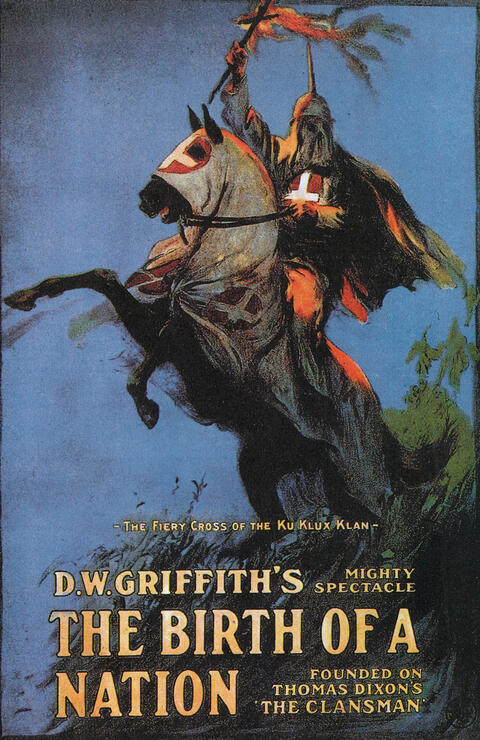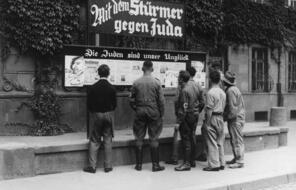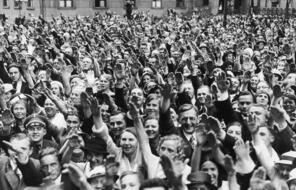The Influence of "The Birth of a Nation"
At a Glance
Language
English — USSubject
- History
- Social Studies
- Propaganda
- Racism
The misconceptions of the Dunning School and the Lost Cause were embodied in some of the most significant works of American popular culture in the twentieth century. Perhaps most influential film of that century’s first half, The Birth of a Nation was steeped in the Dunning School’s interpretation of Reconstruction. Based on the novel The Clansman by Thomas Dixon (a university classmate of Woodrow Wilson’s), the three-hour silent film glorified the Ku Klux Klan as the saviors of the South from freedpeople, portrayed as brutish and bestial. Describing his novel, Dixon wrote:
"My object is to teach the North, the young North, what it has never known—the awful suffering of the white man during the dreadful Reconstruction period. I believe that Almighty God anointed the white men of the South by their suffering during that time . . . to demonstrate to the world that the white man must and shall be supreme." 1
- 1Quoted in “‘Art [and History] by Lightning Flash’: The Birth of a Nation and Black Protest,” Roy Rosenzweig Center for History and New Media, (accessed Jan. 7, 2014).
Movie poster for The Birth of a Nation.

Movie poster for The Birth of a Nation.
The Birth of a Nation was a sensation after its release in 1915. Describing the Reconstruction era, the film adapts quotations from a history book written by Woodrow Wilson, an adherent of the Dunning School. One such quotation went, “The white men were roused by a mere instinct of self-preservation . . . until at last there had sprung into existence a great Ku Klux Klan, a veritable empire of the South, to protect the Southern country.” Wilson praised the movie and made it the first film ever to be screened at the White House.
In New York City, The Birth of a Nation promoters sent white-robed horsemen riding through the city to advertise the new film about heroic Klansmen. Civil rights organizations such as the recently formed National Association for the Advancement of Colored People challenged the film’s portrayal of African Americans and unsuccessfully attempted to have it banned or censored. 1
The most ambitious film ever made at the time, The Birth of a Nation was a popular success. African American writer James Weldon Johnson wrote in 1915 that The Birth of a Nation did “incalculable harm” 2 to Black Americans by creating a justification for prejudice, racism, and discrimination for decades to follow. That same year, the Ku Klux Klan, inactive since the trials of 1872, reemerged across the country to terrorize African Americans and immigrants.
- 1Ibid.
- 2James Weldon Johnson, March 1915, quoted in introduction to “Birth of a Nation, the NAACP, and the Balancing of Rights,” EDSITEment! website, National Endowment for the Humanities project.
How to Cite This Reading
Facing History & Ourselves, "The Influence of "The Birth of a Nation", last updated March 14, 2016.
This reading contains text not authored by Facing History & Ourselves. See footnotes for source information.













